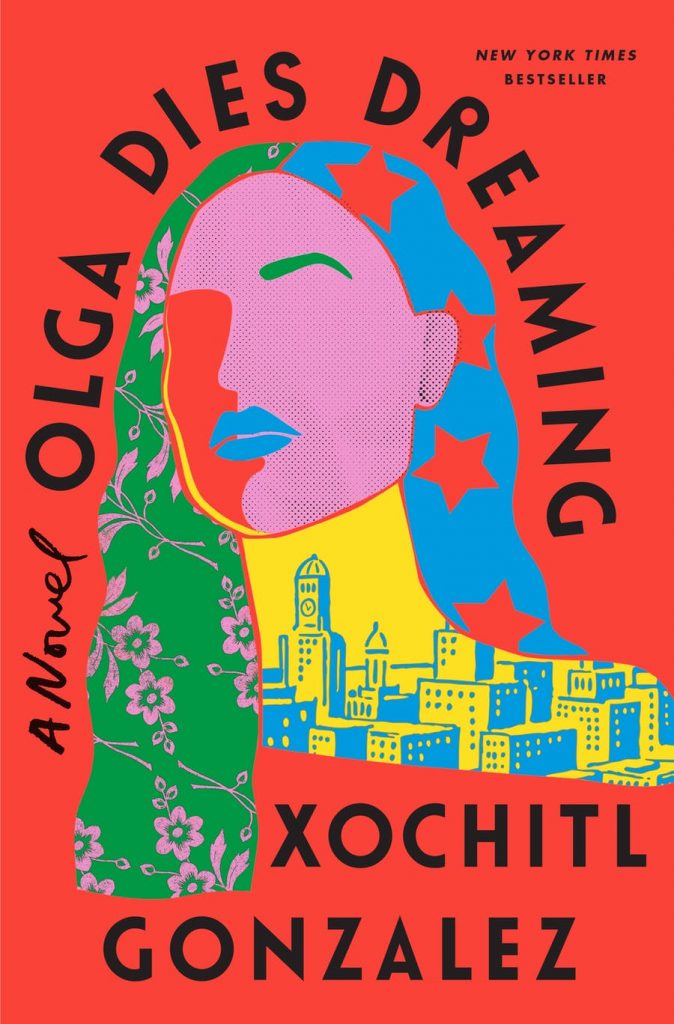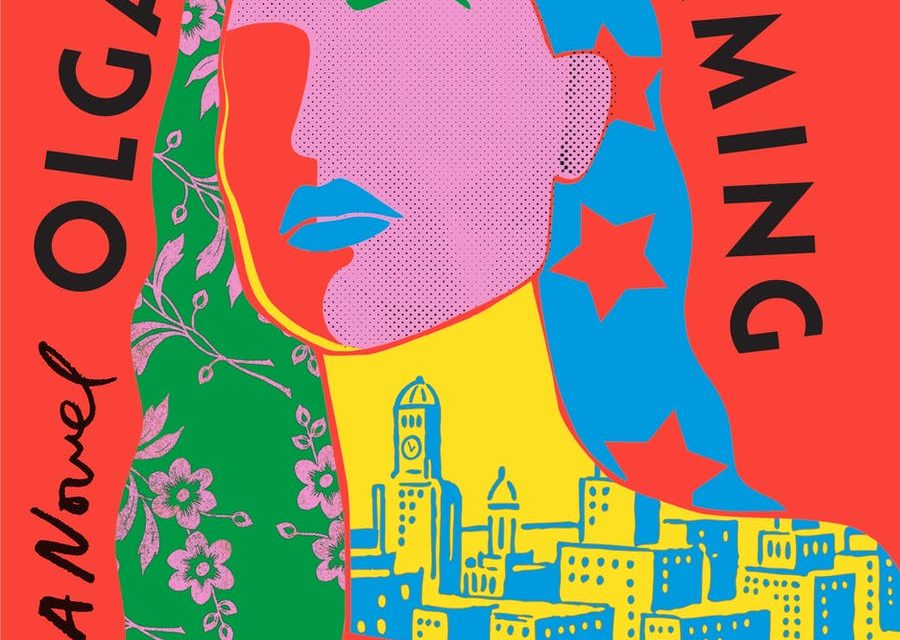“You must remember, mijo, even people who were once your sails can become your anchors.”

Courtesy of macmillan.com
Gonzalez creates a winding narrative, featuring siblings Olga and Pietro Acevedo, and the text explores themes of family, freedom and love. Olga is an Ivy League-educated wedding planner, and Pietro is a Brooklyn congressman. As the siblings attempt to navigate the challenges of adulthood, they face pressure from their mother, Blanca, who left the family when the children were teenagers to pursue her calling as a revolutionary.
Blanca Acevedo criticizes her children through sparse letters, her only form of communication. She disparages Olga’s profession, claiming her daughter is subjecting herself to the system of capitalism. Pietro faces Blanca’s disapproval when he votes for a bill intended to privatize property in Puerto Rico.
Through insight into different political groups, Gonzalez explores the best way to catalyze social change. The book is set in 2017, during hurricanes Irma and Maria, which brought severe damage to Puerto Rico. Much of the island went without power, and government resources were limited, if not entirely inadequate. Gonzalez offers two solutions to such neglect of a U.S. territory: reform from within the government and revolution from Puerto Rico’s people.
While Gonzalez critiques the validity of both avenues throughout the novel, she leaves the question unanswered. If anything, she seems to most heavily critique the idea of revolution.
The end of the book portrays a political fiction based in 2025, where a fictional Puerto Rican revolutionary group violently revolts against the government and bombs governmental buildings. The message Gonzalez sends is unclear. Her characters do not seem to take a stance either way, and the ending of the book implies a sense of apathy from Olga.
The political message was further convoluted with a romantic subplot as Olga pursues a love interest, Matteo. Matteo’s character seemed fabricated and too perfect. His defining characteristics, such as his obsession with hoarding furniture, seemed like a random attempt to create interest rather than symbolize greater meaning. At the end of the book, he is also portrayed as a sort of hidden savior, creating some questions of believability. Details of their relationship’s development felt distracting and unnecessary, and did not connect to the political and social themes of the novel.
“Olga Dies Dreaming” raises important questions about political action and corruption, and the focus on the U.S. government’s neglect of Puerto Rico is given a salient spotlight. However, the plot did not always support coherent themes such as the efficacy of revolution. While the novel was an enlightening and humanizing read, its overall impact was slightly diminished by its off-topic subplots.
Rating: 3/5 stars
Miranda Wilson (she/her) (25C) is studying international and Chinese studies. As well as writing for the Wheel, she is part of the Barkley Forum competitive debate team and the Emory Journal of Asian Studies. In her free time, she enjoys reading, watching movies and doing crosswords.





